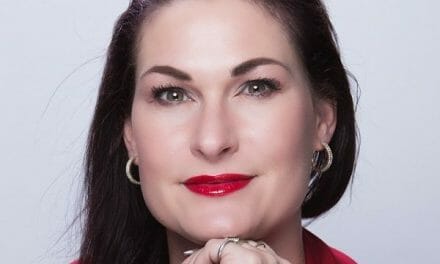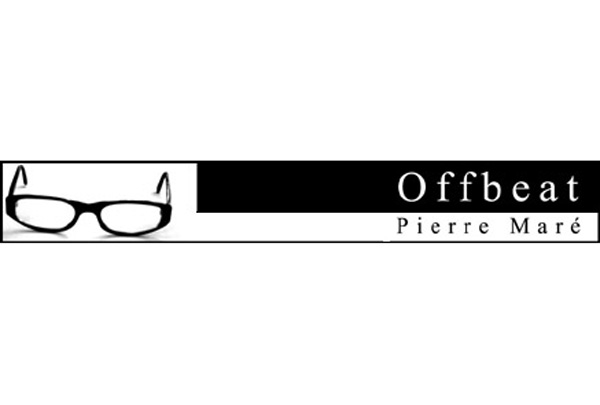
There is much purpose in making sacrifices for other people

By Natasja Beyleveld, Managing Director of Namedia Media Monitoring Company.
Here we go again. Another unrealistic goal was handed down from leadership, and I was not given time for any input. Often, from Government to the Corporate Sector. Accept it and figure out how to make it happen. Now you are trapped in the corner, so we will have to “lie, cheat, and steal” (as the saying goes) or lose your job.
Where does this come from? It is the desire for self-protection that primarily causes employees to cheat that corrupts decision-making and the way money gets ‘earned’. Ethical fading, caused by excessive pressure to hit short-term goals, can lead to unethical decisions and create an uncomfortable and damaging work environment.
Today we learn from Simon Sinek and Lee Ellis.
Ellis says “it’s so critical for the honourable leader to have a keen understanding of the human domain. We must face the dangerous reality that people desperately want to succeed at all costs”. When we ask the ‘why’, ‘why am I here, why do I get up’, we need to shift our mindset so that our goal is to help others to be successful. So, the honourable in the room should, in fact, be an honourable plan or an honourable why. Read “Engage with Honour: Building a Culture of Courageous Accountability”.
Why do we not teach people how to have uncomfortable conversations, how to give and receive feedback, or how to conduct social interaction. These are more valuable skills than maths and English for life.
Why are we so scared of failing or being seen as an instrument of failure? We should have honest conversations with our peers about some of the things or traits we have in our lives. Traits that make us prone to tolerate fear or doubt that prevent us from living a happier and purposeful life.
Having an awareness of blind spots and the skills needed to be a better person is essential for being of value in the lives of others. Again, not how others view me, but how I add value to their lives. A lot of the magic is in this very one and simple task: ‘be truthful’. Sacrificing for something you love is different from sacrificing for something you do not, and having a purpose or cause can provide a reason for the sacrifice.
Sinek says, “challenge yourself and your crew not to tell a single lie for the next 48 hours and be mindful of how you express the truth”. But, understand that “sometimes we can only tell the truth when the conditions are better for it to be received”. So this asks us to implement sound judgement, i.e. the proverbial ‘guard your tongue’ administered ‘with timing’.
Your Chied Executive had a nervous speech on camera and afterward seemed relieved and asks you whether you think he or she did well. Frankly, it was a disaster, but instead imagine saying “I was happy to see you engage the journalists without fear and that you had all the knowledge to answer some tough questions”.
Rather, the next day, make time, face to face, and then say, “I thought about your interview of yesterday, and there are some ideas I have how you could best listen to the questions before answering with all the statistics”.
Or telling your partner that asks you whether she looks fat in this dress; “I think the other dress complimented you more”.
My Selfie and I have dimmed the view of where the line should be drawn for being pro- or anti-social, for being truthful versus hurtful, or for being on a self-put pedestal. We have confused pro-social activities and made them selfish instead of using them to serve others. Divided attention is not an asset or a good trait. Interrupting others by not being present is rude. We cannot say we are involved, because we cannot decide when we are present – it is up to others to recognize it.
You will see it in your opponent or colleague’s face, whether you are a good listener. Whether you really understand, whether you are asking relevant questions, and whether your input is contributing to their WHY.
Sinek makes it simple, and we need to simplify our “Whys” today. “Sacrificing for another is the most beautiful thing we can do, and it gives our lives purpose”. Sacrificing your time, food, resources, and energy for someone else is part of why you exist. Not to gather and store for the winter.
So let’s be creative communicators, using curiosity and humour to ask questions, challenge perspectives, and share illuminating ideas to help create a sustainable and fulfilled world. Let’s evolve more creative ways of listening and being truly present in the now. If you are doing something and it stresses you out more than it rewards you and others, you might need to redirect the course. Meditate on it so that the truth can unveil itself and the situation for what it really is.
By over-compensating to meet short-term goals, you might start losing grip of what is honourable and what is truthful. Then you sacrifice your own dignity to conform. We have to find and practise good ethics to be sustainable in ourselves and to maintain trust. Else, if you are having an affair with someone or something that is not in congruence with the purpose you breathe from your soul, from your core identity, you will lose grip on reality and on who you really are. Simply put: Think before you act, and listen before you speak, and know your WHY.
Love,
Natasja













































